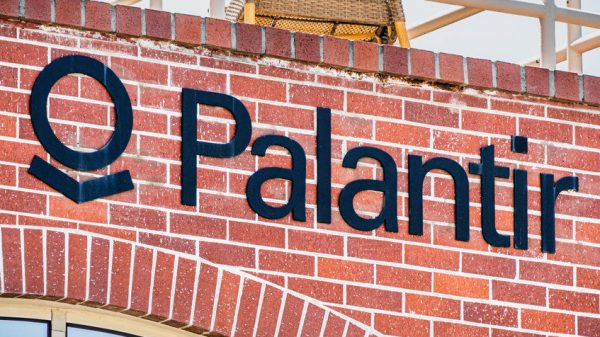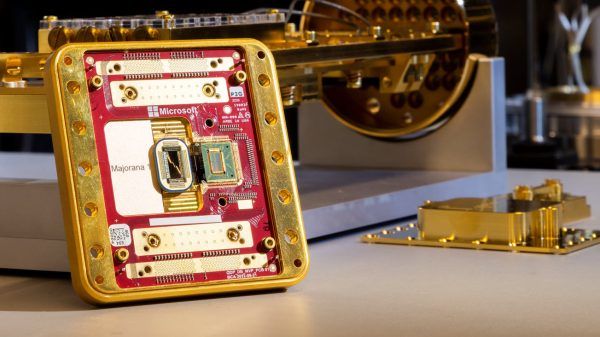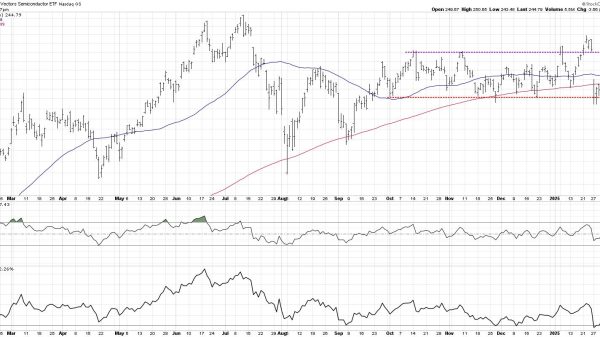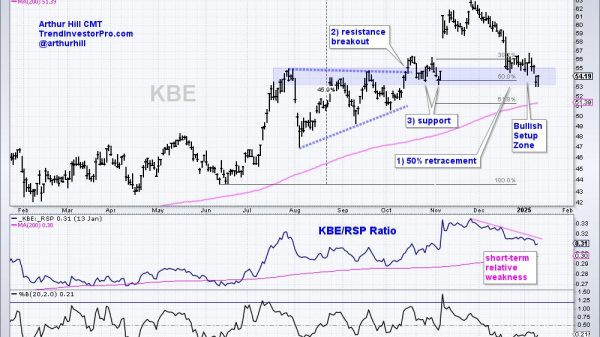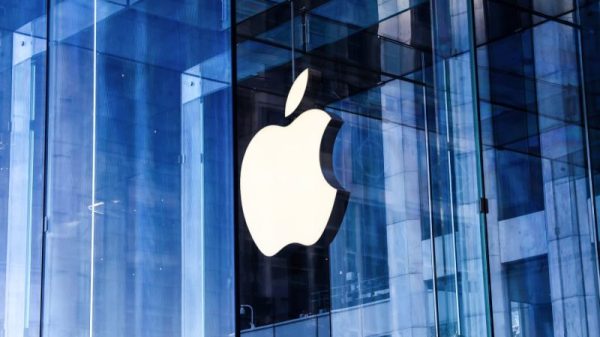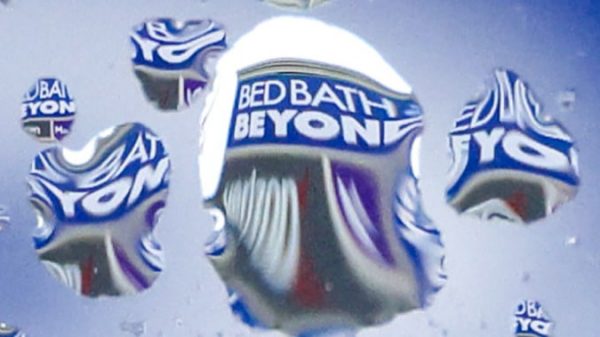A version of this article first appeared in CNBC’s Inside Wealth newsletter with Robert Frank, a weekly guide to the high net worth investor and consumer. Sign up to receive future editions, straight to your inbox.
Family offices are increasingly offering lucrative shares of equity and deal profits to staff amid a growing battle for talent, according to a top family office attorney.
As family offices surge in size and number, and compete more directly with private equity firms and venture funds for top staff, they’re sweetening their compensation plans. Along with salaries and bonuses, many are now offering equity stakes and various forms of profit-sharing to give employees more upside and incentives.
Patrick McCurry, partner at McDermott Will & Emery LLP based in Chicago, who works with single-family offices, said family offices have to adapt to a more competitive hiring landscape.
“There is a war for talent,” McCurry said. “Family offices are competing for talent against each other, and against traditional private equity, hedge funds and venture capital.”
Family offices, the private investment arms of single families, are also shifting to profit shares as a way to better align the incentives of the staff with the family.
“It helps get everyone rowing in the same direction,” McCurry said.
In an article in the latest UBS Family Office Quarterly, McCurry said there are three common ways single-family offices are paying staff with deal and equity plans.
A profits interest gives an employee a share of upside in a deal or basket of deals. So if the family office buys a private company for $10 million and sells it for $15 million, the employee may get a share (say 5% or 6%) of the $5 million profit, or profit above a target or “hurdle.” If there is no profit, the employee gets no share. “Basically they don’t participate unless there is growth,” McCurry said.
They also save on taxes. Since the profit is a capital gain, the employee typically pays the long-term capital gains rate — which tops out at 20% — rather than the ordinary income rate, which can reach 37%.
A co-investment allows an employee or group to put their own money in an investment, effectively investing in a deal alongside the family. Often the family will lend a portion of the money to the employee for the investment, known as a leveraged co-investment. So an employee may put $100,000 into an investment, borrow another $200,000 from the family, and get a $300,000 stake.
If the deals make no profit, the employee loses their investment and potentially has to repay part of the loan. Family office owners like co-investments since it encourages employees to make less risky deals. They often pair co-investments with profit shares to create both upside and potential downside to staff.
“With co-invests you get a downside so you could get fewer ‘moonshot’ deals that would be high risk,” McCurry said.
If a family office is too complicated, with dozens of trusts, partnerships and funds that make it hard to issue profit shares or co-investments, they can sometimes offer phantom equity — notional shares of a basket of assets or fund or company that track performance without actual ownership.
Phantom equity can be like a 401(k) plan that’s deferred tax free. But eventually it’s usually taxed at ordinary income rates, so it can be less attractive to the employee.
“It’s not as common, but it’s mainly used for simplicity,” McCurry said.
Because they serve a single family, family offices have more flexibility than many companies when it comes to designing pay plans. Yet McCurry said family offices that want to compete for talent need to start offering more forms of equity.
“There is a crowd effect,” he said. “The more family offices start offering it, the more employees expect it. You don’t want to be the outlier when everyone across the street is offering it.”

